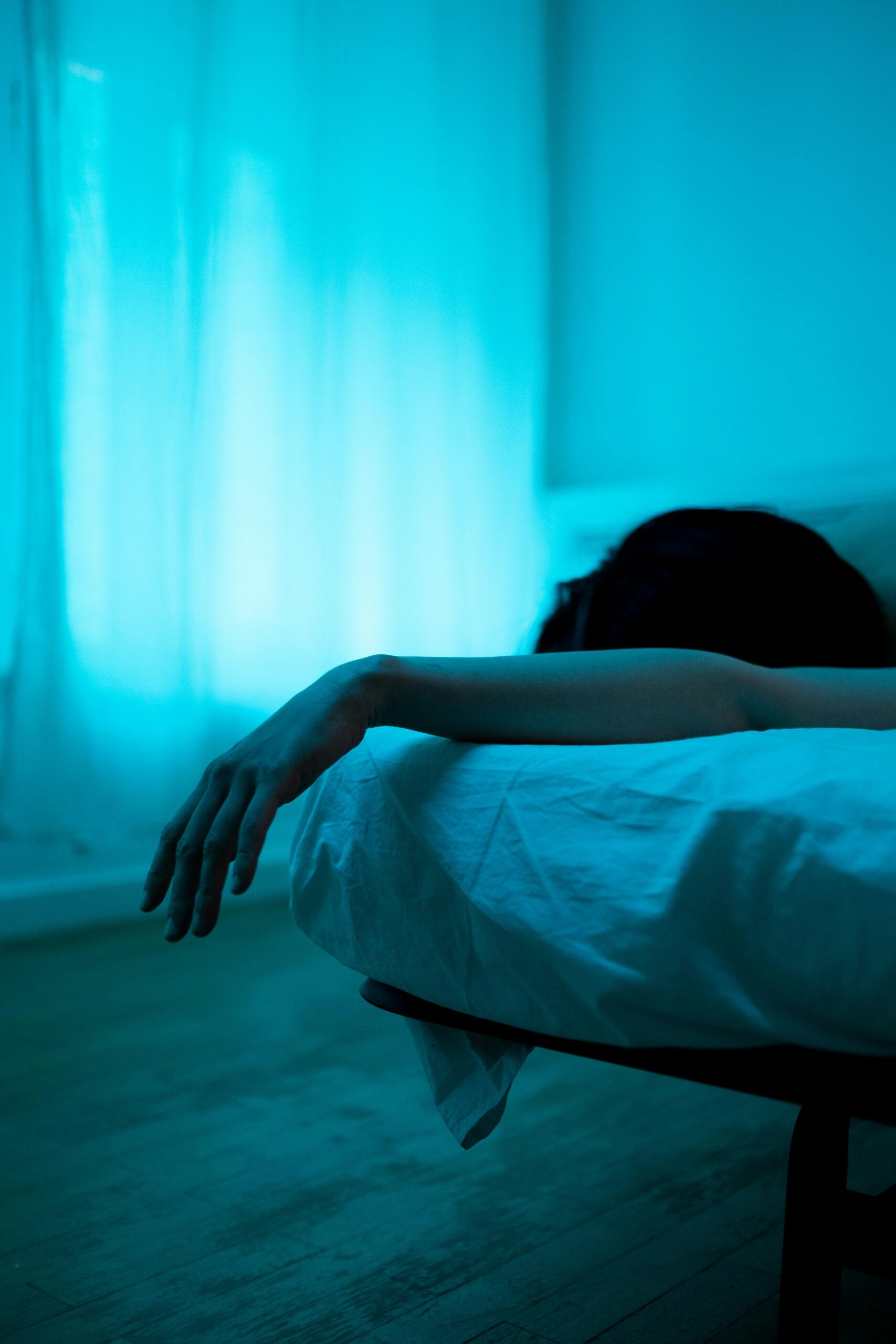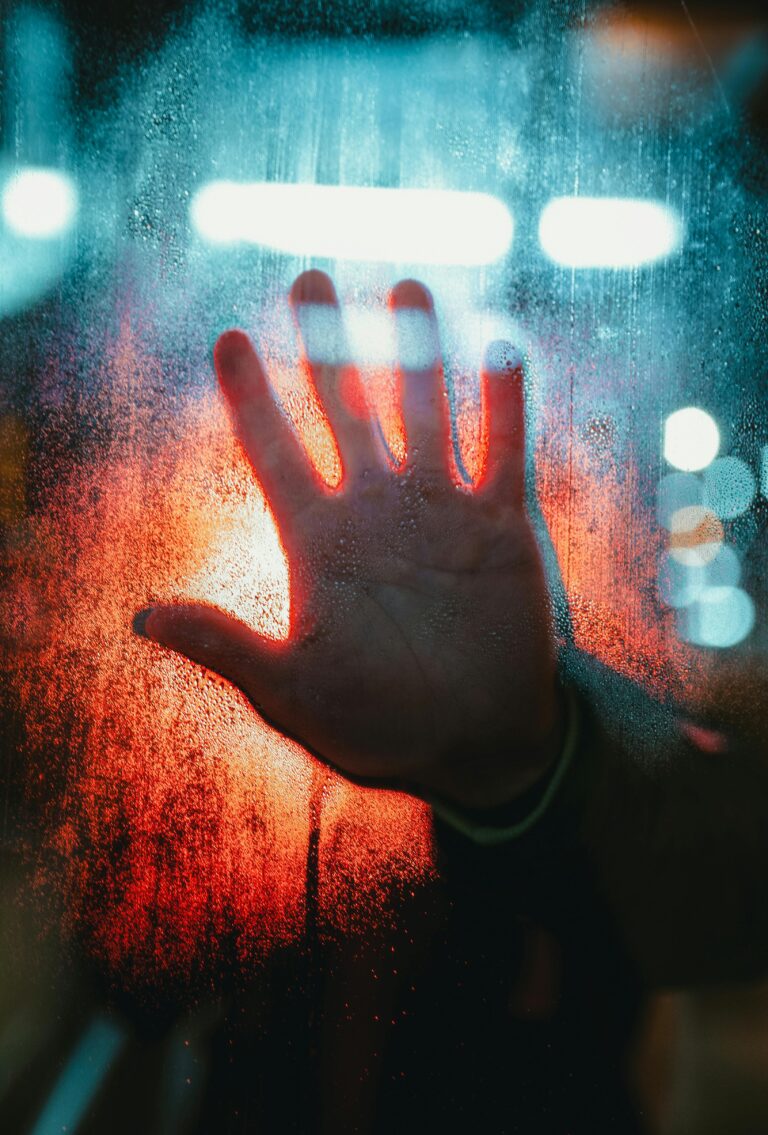How Sleep Deprivation Increases Stress Hormones and Impacts Mental Health
If you’ve ever pulled an all-nighter, you might remember the feeling: a foggy brain, short temper, and maybe even a peculiar craving for chocolate-covered espresso beans. While the world might keep spinning, your internal clock is throwing a mini tantrum. One thing is for sure—sleep deprivation is not just about feeling tired; it’s a sneaky little thief that robs you of your mental clarity and emotional stability. Let’s dive into how lack of sleep ramps up stress hormones and takes a toll on your mental health.
The Science of Sleep and Stress
Sleep is like a reset button for your brain. It’s when your body works its magic, repairing and rejuvenating itself. But what happens when you skip out on those crucial Zzzs? Your body reacts by releasing stress hormones, particularly cortisol. This hormone is your body’s alarm system, but when it’s cranked up to eleven due to sleep deprivation, it can create chaos.
Cortisol: The Double-Edged Sword
Cortisol is the diva of stress hormones. It can boost your energy and focus in the short term, but too much of it can lead to trouble. Here’s how:
- Anxiety Levels Rise: With elevated cortisol, your body may start to feel like it’s on high alert. This might lead to heightened anxiety and even panic attacks. You know, the kind that makes you question whether you left the oven on or if your cat is plotting against you.
- Emotional Regulation Takes a Hit: When your brain is deprived of sleep, it struggles to process emotions. You might find yourself snapping at loved ones over trivial matters, like whether the toilet seat is up or down.
- Memory Goes on Vacation: Sleep helps consolidate memories. Without it, you might forget important appointments or what you were supposed to buy at the grocery store—besides that chocolate cake, of course!
How Sleep Deprivation Affects Mental Health
It’s easy to brush off one bad night’s sleep, but chronic sleep deprivation can lead to serious mental health issues. Let’s break it down.
Increased Risk of Depression
Research shows that individuals with sleep disorders are more likely to experience depression. It’s a vicious cycle: depression can lead to insomnia, and insomnia can worsen depression. As you spiral into this cycle, the world can start to feel like a dark tunnel with no light at the end.
Impact on Cognitive Function
Have you ever tried to solve a puzzle while half-asleep? Spoiler alert: it’s not pretty. Sleep deprivation impairs cognitive function, affecting your decision-making abilities and problem-solving skills. This is particularly concerning for students and professionals who rely on sharp thinking.
Tips for Better Sleep and Stress Management
Now that we’ve uncovered the dark side of sleep deprivation, let’s flip the script. Here are some tips to reclaim your sleep and manage those pesky stress hormones:
- Establish a Sleep Schedule: Go to bed and wake up at the same time every day. Your body loves routine—like a toddler who thrives on a predictable nap schedule.
- Limit Screen Time Before Bed: Those blue light-emitting screens can trick your brain into thinking it’s still daytime. Try reading a book or listening to calming music instead.
- Create a Relaxing Bedtime Ritual: Whether it’s a warm bath, meditation, or sipping herbal tea, find something that helps you unwind.
- Get Moving: Regular physical activity can help you fall asleep faster and enjoy deeper sleep. Just avoid intense workouts close to bedtime unless you want to be too pumped to sleep!
- Mind Your Diet: Heavy meals, caffeine, and alcohol can disrupt your sleep cycle. Opt for lighter snacks and herbal teas in the evening.
Remember, sleep isn’t a luxury; it’s a necessity. Taking the time to prioritize your sleep can lead to a happier, healthier you—minus the stress-induced drama. So go ahead, give yourself permission to snooze. Your mental health will thank you later!




